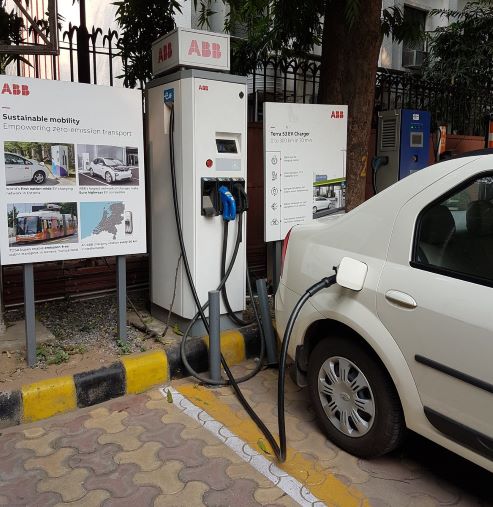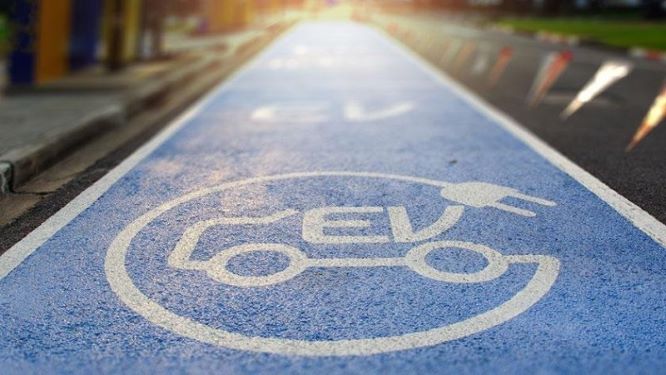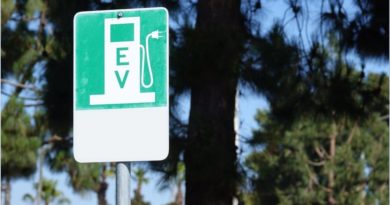Economic Survey 2019: Range Anxiety Related to Electric Vehicles’ Adoption

With the world’s second largest population and an area of 3.3 million square kilometers, it is not difficult to understand how important the transport sector is for the Indian economy.–Economic Survey 2019
In India, the transport sector is the second largest contributor to CO2 emissions after the industrial sector. Road transport accounts for around 90 % of the total emissions in the transport sector in India, said the Economic Survey discussing the importance to transition towards e-mobility.
The document informed that the Indian market share of electric cars is a meagre 0.06 %, and made a case saying that, “it is imperative that there be a shift of focus to alternative fuels to support our mobility in a sustainable manner”, given the large import dependence of the country for petroleum products.
Read: The Biggest Challenge for Mass Adoption Of Electric Vehicles in India
In its analysis it discussed impediment in the way of successful EV transitioning:
“In India, the limited availability of charging infrastructure seems to be a major impediment to increased adoption of EVs.”
“Another major impediment is that of time taken for completely charging EVs, compared to conventional vehicles… It is, therefore, an important policy issue to come up with universal charging standards for the country as a whole to enable increased investment in creation of such infrastructure.”
To this argument, the economic survey concluded by saying, “It is, therefore, an important policy issue to come up with universal charging standards for the country as a whole to enable increased investment in the creation of such infrastructure.”
Read: Opinion: Advances in Electric Vehicle Technologies and relevance to India
According to NITI Aayog (2019), if India reaches an EV sales penetration of 30 % for private cars, 70 % for commercial cars, 40 % for buses, and 80 % for 2 and 3 wheelers by 2030, a saving of 846 million tons of net CO2 emissions and oil savings of 474 MTOE can be achieved. The survey adds, “It also provides us an opportunity to grow as a manufacturing hub for EVs, provided policies are supportive.”
The Survey chapter made a correlation between the availability of chargers and adoption of EVs, “We find that the market share of EVs is positively related to the availability of chargers and larger availability of chargers corresponds to greater adoption of EVs. The market share of EVs increases with the increasing availability of charging infrastructure.”
The economic survey also pointed out that the EV policy needs more impetus, “it is important that these policies not only focus on reducing the upfront costs of owning an EV but also reduce the overall lifetime costs of ownership.”








